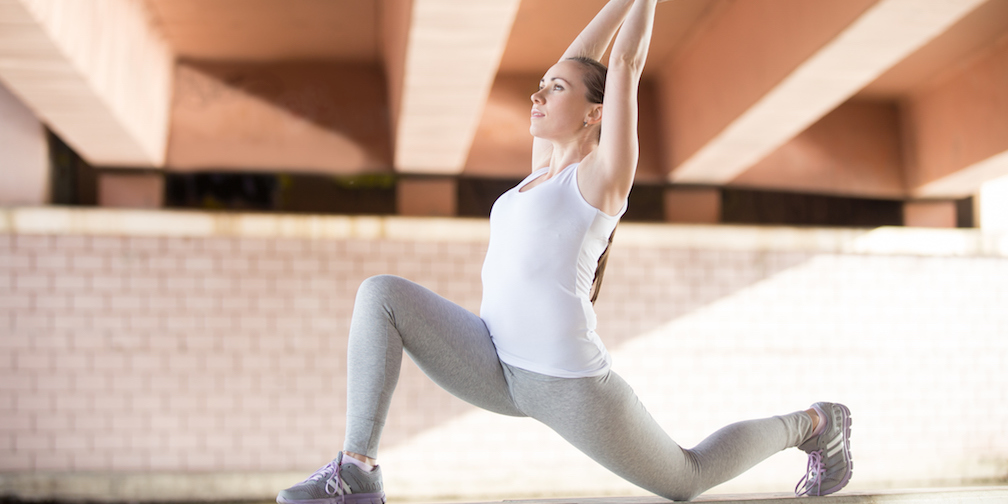When young athletes enter puberty, it is normal to see rapid growth of four to six inches in one year. Most girls enter growth spurts between ages eight to 13, while boys enter it later between ages 10 to 15. For young athletes, this rapid growth causes discomfort and difficulties in technical performances. Many may also experience instability in strength, coordination, balance and flexibility.
How do the physical changes affect sports, and how can parents or coaches help their athletes counteract growth spurt pain?
Physiological effects of growth spurts
- Weight gain – Extra weight provides an important energy reserve for development. However, it also slows down movement for athletes as their brains adjust to the changes. Some athletes fall into eating disorders in an attempt to regain their athleticism. While weight loss does improve performance for the first six months, it also causes extreme fatigue and brittle bones. These weakened bones are susceptible to osteoporosis.
- Muscles strengthen and ligaments tighten – Growing bodies develop lean muscle mass, and athletes are unaware about the extent of their new strengths. The larger muscles, combined with hormonal changes, cause sparks of dangerous aggression in contact sports. Pubescent athletes have been known to cause concussions during practice and competitions.
- Fragile growth plates – Children’s bones are physically different from adults’ bones. They contain growth plates, which are cartilages at the ends of condyles. These growth plates are replaced with bone tissue during adolescence, and they become extraordinarily weak during rapid growth spurts. For this reason, young athletes are prone to sprains and fractures.
- Disproportionate Growth – Some teens may notice their arms and legs are longer than their torsos or vice versa. This decreases the body’s center of gravity, and it links to issues with body control and balance. Disproportionate growth temporarily impacts athletic performance while the brain adjusts to the new physique and the body reaches its full adult size.
Ways to counteract pains of a growth spurt
Jacqui Haas, ATC, offers these suggestions to help student athletes who struggle with painful growth spurts:
- Perform daily static stretching, which involves taking muscles to a stretched position and holding it. Focus on feeling a good stretch and holding it for about 30 seconds; repeat at least three times per leg twice a day. Include stretches for calves, hamstrings, quadriceps and hip flexors.
- Perform daily abdominal work for spine stabilization. Exercises may include sit-ups, leg lifts or yoga poses that target the back (e.g. Cat-Cow pose).
- Incorporate balance training to maintain balance skills as children grow. These may include biceps curls, single leg squats or shoulder raises.
- Communicate with your student-athlete’s teachers or coaches. Reach out to them to explain any frustrations with growth-related discomfort. Let them know that the athletes are trying to maintain their strength and balance but are struggling with pain and tightness.
How we can help: Mercy Health services to help ease growth spurts
- If growth spurts cause injury, immediately contact one of our athletic trainers for an assessment. Some untreated injuries may cause permanent damage. For instance, stress fractures that do not receive timely evaluation and healing may lead to bone deformity. For quick help, call Mercy Health’s Sports Injury Hotline at 844-946-7529 to schedule an appointment for the same day or the next business day.
- The Mercy Health Performing Arts Medicine team provides screening tests that give objective feedback about an athlete’s technique, balance skills, strength and flexibility. The physical test comes with a personalized program of stretches and exercises to counteract the immense physiological changes and target areas of tightness or weakness. Mercy Health Performing Arts Medicine is available in Cincinnati, Lorain, Springfield, Toledo and Youngstown.
If you want to get in touch with a Mercy Health physician or member of the Mercy Health performing Arts Medicine team, visit mercy.com or call 513-952-5000 today.






